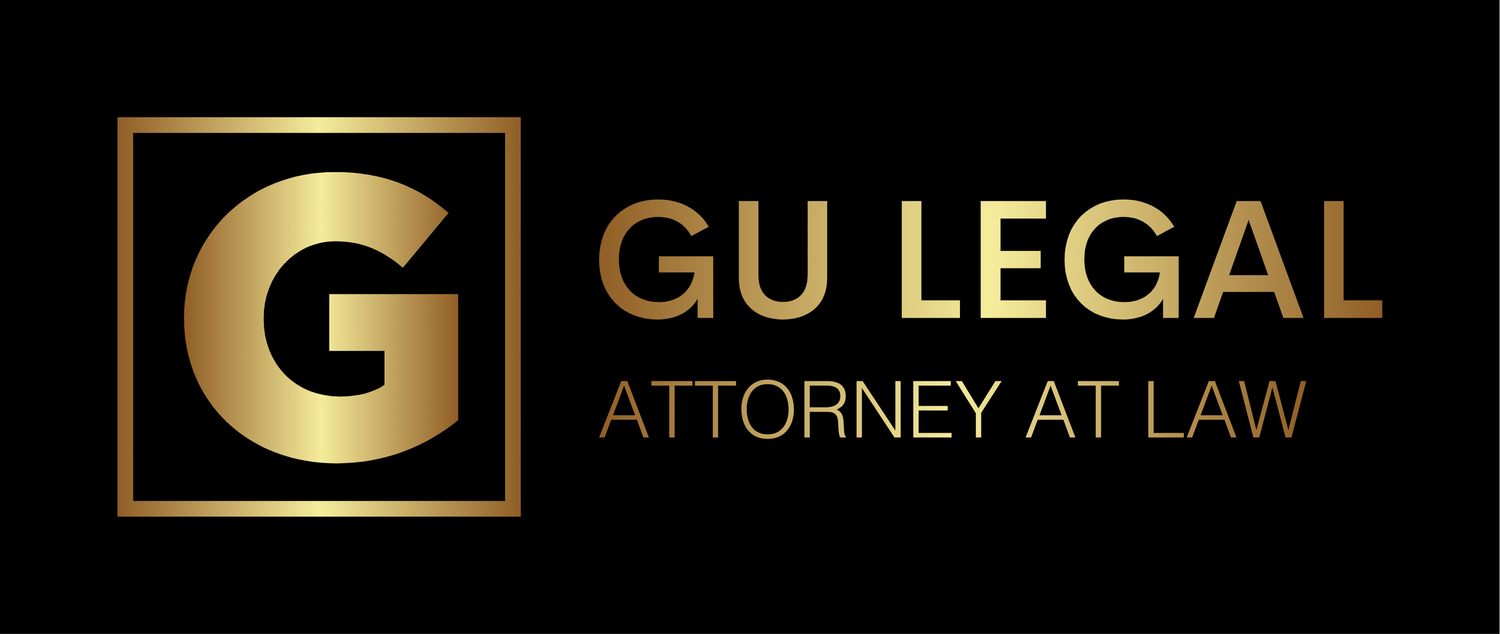Franchise Law Compliance
Our Attorney has represented several national franchises in franchise law compliance.
Why should entrepreneurs care about franchise law compliance, even when they are only “licensing”?
Federal and state franchise laws extend beyond traditional franchise systems. The terms “franchise” and “franchisor” are often defined so broad as to cover business relationships, licenses and distribution methods that do not call themselves “franchise”. Thus, many restaurants and other businesses can “accidentally” be subject to franchise law, with potentially significant consequences. This is particularly true in New York whose franchise statute arguably has the broadest definition of “franchise” of any franchise law in the United States.
Severe consequences for violating franchise laws may apply, including civil and/or criminal penalties. The alleged “franchisor” may also have to rescind the contract that is the subject of the “franchise”.
What is the first step for “franchise law compliance”?
Generally, the franchisor would first need to prepare a franchise disclosure document (the “FDD”), involving the disclosure of 23 categories of information about the franchisor (also known as “Items”, each of which could be several pages in length), as well as audited financial statements of the franchisor. Many FDDs are hundreds of pages long and take significant amount of collaboration between the franchisor and attorney to finish.
How is the definition of “franchise” different (broader) under New York law from the federal franchise law?
Generally, the New York definition of “franchise” would require either one of No. 1 or No. 2 factor below, plus No. 3 factor, as opposed to ALL 3 factors under the federal franchise law.
The franchisor grants the franchisee the right to operate a business using the franchisor’s marks
The franchisor provides significant assistance or imposes significant controls on the franchisee’s operations of the business, and
The franchisee pays a “franchise fee” to the franchisor
What geographic factors might subject a franchisor to the jurisdiction of the New York Attorney General?
Generally, the New York franchise regulator may “catch” you if any one of the following applies:
The offer to sell the franchise originated from New York
The offer to sell is directed to New York and received where directed
The offer to sell is accepted in New York
The franchisee is domiciled in New York
The franchised business will be operated in New York


